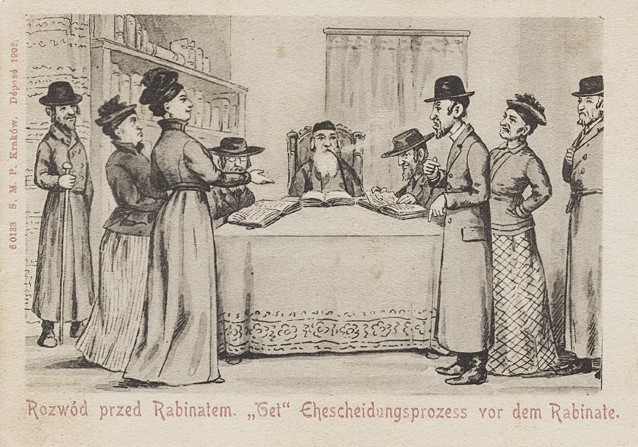In our final summer issue, we present you with a selection of texts that have already appeared in our pages, grouped around a key theme. With the end of summer and the soon to be starting new Jewish calendar year, this week we turn our eye to the complexity of Jewish identity and experience and the culture of questioning that accompanies us throughout – with perspectives from Ivan Segré, Mona El Khoury, Ruben Honigmann, Astrid von Busekist and Noémie Issan-Benchimol.

The two poles of Jewish identity
Ivan Segré – Published January, 25, 2024
Should a Jew who transgresses the Shabbat without being aware of his existence atone for it? Starting from the problem of a self-conscious Jewishness, Ivan Segré examines the bipolarity of Jewish identity, between the facticity of genealogical inscription and the radicality of subjective affirmation. In so doing, he sheds light on the Jewish articulation between individual and collective emancipation: it was not because he knew he was Jewish that Moses decided to leave Pharaoh’s house, but in doing so, he already was…

Jonas
Mona El Khoury – Published January 25, 2022
It happened at Darwin’s on Mass Ave, about halfway between Central Square and MIT, its few tables, as always, all occupied. She went to the counter and ordered her tea anyway: Maybe a chair would make itself available as she waited. Maybe someone would leave.
No one left.

>>> Read Mona El Khoury’s story
Jews amaze me
Ruben Honigmann – Published November 3, 2023
One thing never ceases to amaze me about Jews—their ability to marvel at the hostility directed against them. With every antisemitic murder, attack, massacre, or pogrom, we’re stunned.
We are offended by the lack of empathy of our usual affable greengrocer; we are outraged by the reaction of the UN Secretary-General; we cannot stand the semantic contortions of Jean-Luc Mélenchon[1], worthy of the best Yeshiva students; we are revolted by the radical loneliness of the persecuted Jewish people…

>>> Read Ruben Honigmann’s article
The get, between civil law and religious commandments
Astrid von Busekist – Published September 28, 2023
The get, the centrepiece of traditional divorce, is a particularly sensitive legal act which today seems to be the focus of the greatest tension between civil law and Jewish law. Is it a place of confrontation? Astrid von Busekist sees it more as a place where a legal pluralism is formed, capable of honouring freedom of religious practice while bending it towards recognition of the general principle of equality for all.

>>> Read Astrid von Busekist‘s article
On redeeming of hostages in Jewish thought: tradition and current events in Gaza
Noémie Issan-Benchimol – Published March 28, 2024
How should we view the divide between those in Israel who put the destruction of Hamas before any consideration of the hostages’ fate, and those who, on the contrary, are ready to negotiate their rescue at any price? In this text, Noémie Issan-Benchimol analyzes the coordinates of the debate in terms of cultural and religious ethos. While Jewish tradition sees hostage redeeming as a communal obligation, a significant part of religious Zionism is reviving a Roman ethos of civic honor, which scorns weakness and territorializes fraternity. Can fraternity, specific to the diaspora, continue to inform the politics of a state?










